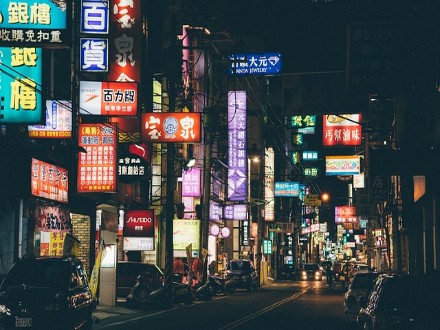
Forestry assets are an increasingly popular alternative to bricks-and-mortar, particularly with the worsening outlook for real estate, according to some experts at the recent SMART Investment and International Property Expo in Hong Kong. But, like all investments, they are not without their risks. Source: South China Morning Post
“Green investments are on the rise both in popularity and the returns they offer. Forestry assets have outperformed almost everything else over the last 100 years,” said Gerard McGuirk, sales director at Asia Plantation Hong Kong, one of the exhibitors.
“In the last seven years we have been here in Hong Kong, we have seen great interest – especially in the last three years – as people become more aware of global warming and the future of the planet.”
Established in 2011, Asia Plantation Hong Kong is the local arm of Asia Plantation Capital, which owns and manages agarwood plantations in Sri Lanka, Thailand and Malaysia.
In the last three years, investors in plantations of agarwood trees, from which the valuable perfume oil oud is extracted, saw an average investment return of above 8%, according to McGuirk.
He said profitability and sustainability were the main reasons property investors were opting to put money into plantations in Sarawak, a Malaysian state in Borneo, home to one of the last remaining rain forests.
Specifically, Asia Plantation Hong Kong was promoting an investment in 100 saplings for oud oil production in Sarawak over a maximum 15-year period.
The company’s website said an investment of HK$198,800 (US$25,487) would yield a return of HK$782,888. That is a total return of 294%, or annualised growth of 9.57%, which the company said is achievable thanks to its minimum buy-back price of US$280 per tola (a traditional South Asian unit of weight equivalent to 11.66 grams).
According to Asia Plantation’s quarterly market report, the average price of oud oil was US$416 per tola as of the third quarter of 2018, lower than the US$461 average price in the same period in 2017.
McGuirk said investors can check on their trees to see how their investment is doing as Asia Plantation Hong Kong organises site visits.
But he acknowledged risks.
“[Investments in] forestry products entail mid- to long-term periods, and the main risk is that the company you work with might fold, so investors need to ensure that they are working with reputable companies,” he said.
“There are also copycat companies which sell products, but don’t physically own or manage the trees.”
Kerry Wong, CEO for the Greater China region at REA Group, a property advertising company, said investing in plantations has been gaining traction.
“We have noticed an increasing popularity of alternative investments at SMART Expo in recent years, and plantation or agricultural investment including agarwood and hydroponics are a few alternative investment types,” Ms Wong said, citing low capital entry with high potential returns as the main draw for investors.
“Additionally, most investments are over a fixed term that corresponds with the plantation maturity, so investors can physically see their investments grow, making it more relatable and personal.”
However, investors should put extra effort into due diligence because most alternative investments are not subjected to the same stringent regulations as financial assets such as stocks, bonds or properties, she warned.







